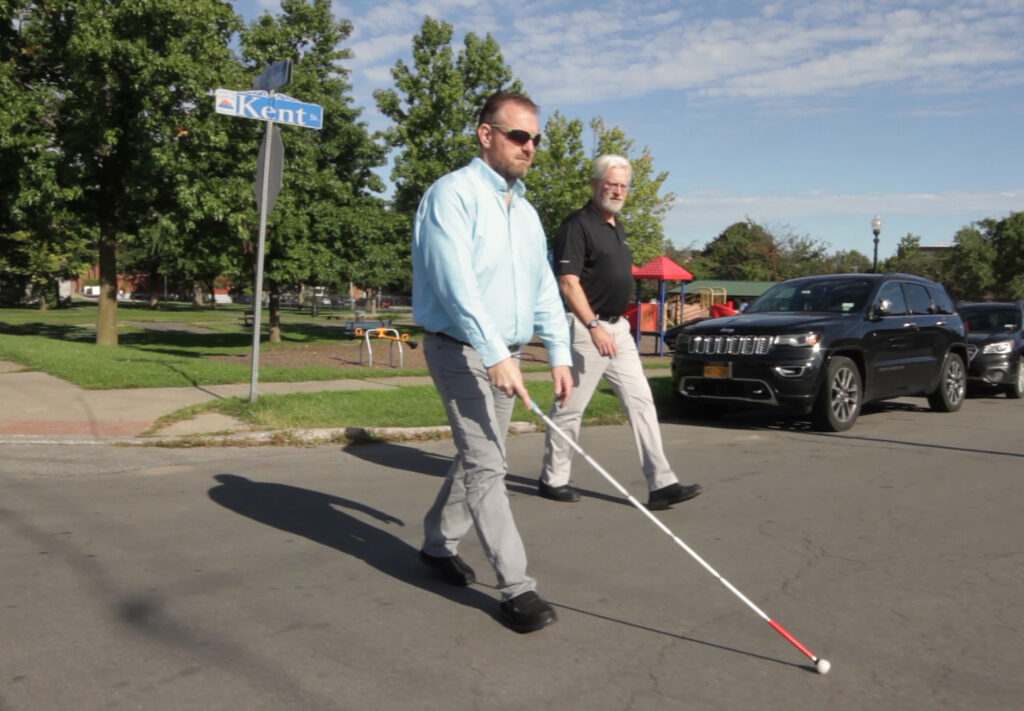
What Are The Different Types of White Canes?
The white cane. A tool that many who are blind or visually impaired rely on to navigate their surroundings. While at first glance, these canes might look the same. However, they are many variations on the simple white cane that allows users to safely navigate the world around them.
Here are some of the different types of white canes available to those dealing with vision loss:
Long Canes
Long canes are the type of white cane that you are probably the most familiar with. It extends from the floor to the user’s sternum and they are used to avoid obstacles if you have restricted or low vision. The cane is used by either rolling or tapping from side-to-side as you walk. The tips can be changed for the method the user prefers.
Symbol Cane
A white cane that is less commonly known is the symbol cane. These are good for people with low but useful vision. The user would hold the symbol cane in front of themselves to let people around them known that they are partially sighted. While this cane is smaller than the standard long cane, it can be useful in busy locations.
Guide Cane
A guide cane is a shorter cane that is used to catch any immediate obstacles. This cane is held diagonally across your body and used to find obstacles in your path including curbs and steps. A guide cane does not have as much movement potential but it can still be a useful tool.
Different Colors on White Cane
White canes have a few different variations on the classic design. Learning more about these differences can help you figure out what cane works best for you or better identifying those canes out in public. An all-white cane means that the user is completely blind and has no usable vision. A white cane with a red bottom means that the user has low, but some usable vision. A white and red striped cane means that the user is totally blind and/or deaf.
We hope this is a good starting point towards which white cane is best for your needs. If you have any questions about white canes, you can contact us at (315) 797-2233 for more information.
